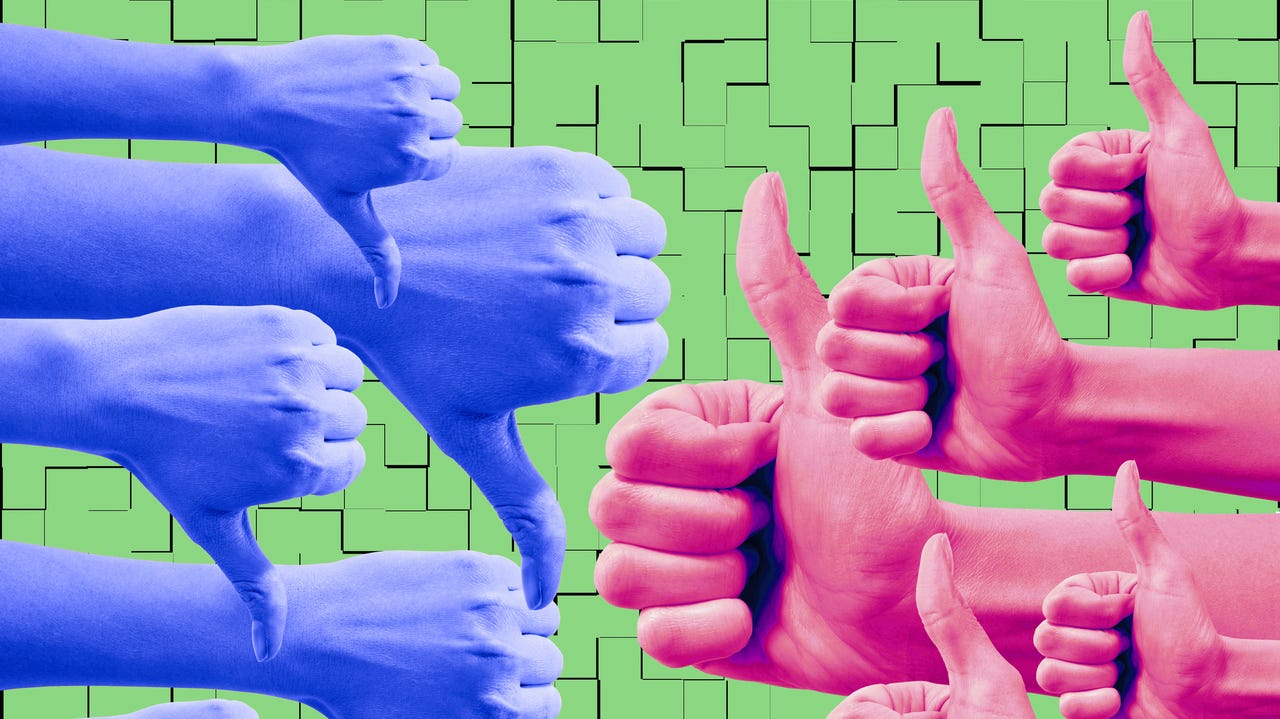How OpenAI plans to help protect elections from AI-generated mischief


It's 2024, which means that the next presidential election is looming on the horizon. As if election season didn't present enough challenges, this year, there's a new factor to consider -- generative AI.
Both AI-generated images and text can look so realistic that it can be difficult to distinguish what's real from what's fake. This can be especially harmful during elections when fake news articles or AI-generated images can sway public opinion.
Also: Microsoft unveils a slew of Copilot updates, including Copilot Pro. Here's what's new
To address these concerns, on Monday, via a blog post, OpenAI shared its plan for approaching worldwide elections, including changes to its Usage Policies for ChatGPT and APIs.
One of the highlights includes not allowing users to build applications for political campaigning or lobbying, or that can deter people from participation in democratic processes, such as discouraging voting. OpenAI also does not allow the creation of chatbots that pretend to be real people.
OpenAI is also working on different authentication efforts to help make it clear when an image has been fabricated. To do so, early this year, OpenAI will implement the Coalition for Content Provenance and Authenticity's digital credentials.
Through these credentials, users can see details about the content's provenance using cryptography on images generated by DALL-E 3. OpenAI is also experimenting with a new tool for detecting images generated by DALL-E 3, which is already seeing promising results.
Also: Five CES 2024 products I'd buy as soon they'd take my money
The company also revealed it is working on giving ChatGPT access to real-time news reporting globally, including attributions and links, to combat misinformation.
In the US, when users ask ChatGPT for voting information, the chatbot will automatically direct users to CanIVote.org, an authoritative site for US voting information where users can find information on whether they are registered to vote, where to vote, and more.
It is important to note that many of these precautions have yet to be implemented, so it is essential to be cautious when consuming election news and to always verify the sources for any information you find on the web.